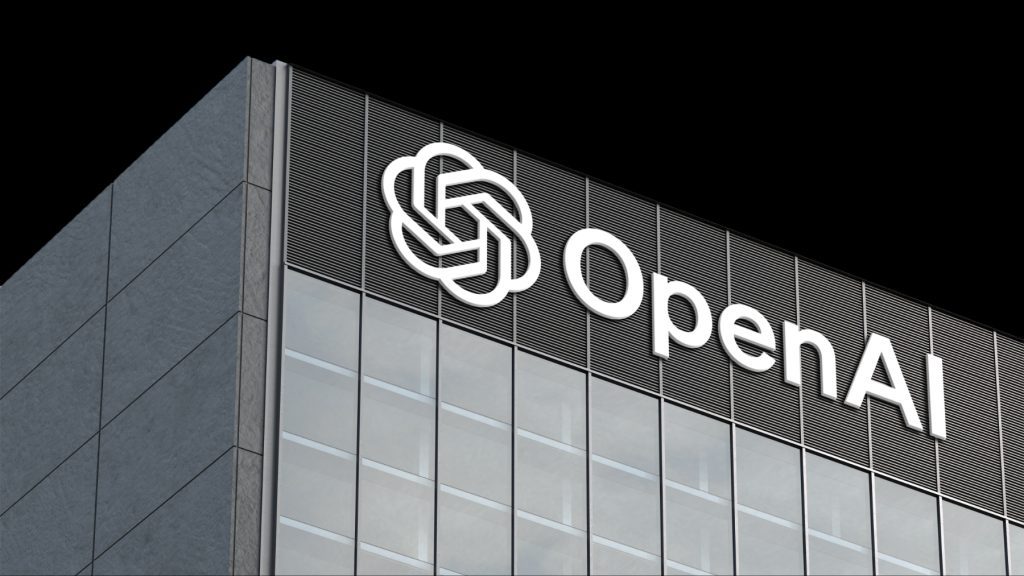
OpenAI influence revealed its success in stopping five covert influence operations conducted by Russia, China, Iran, and Israel in the past three months.
In a new report, the company has revealed that China, Russia, Iran, as well as Israel accessed its AI model to manipulate public opinion and influence political results without even disclosing their identities.
Global Actors Affecting Opinion with AI
The report also highlighted the increasing concerns related to the impact of AI on the elections taking place soon around the world.
OpenAI influence has mentioned that these countries used its tools in many ways, such as generating images and texts more efficiently and accurately, reducing the amount of language mistakes that humans might make. The ChatGPT maker also concluded that these campaigns did not have the chance to spread even when using AI.
Ben Nimmo, principal investigator on OpenAI’s Intelligence and Investigations team, said in a press briefing on Wednesday, “Over the last year and a half there have been a lot of questions around what might happen if influence operations use generative AI.”
“With this report, we really want to start filling in some of the blanks”, he added.
The Microsoft-Backed company also defined these covert operations as attempts to sway the public opinion or influence pollical outcomes. While disinformation networks help those who conduct such operations by spreading correct information, but in a misleading way. While propaganda networks operate differently, as social media is the main tool used for such operations.
Shadow Networks
In the report, the GPT parents said there were five networks identified, such as “Doppelganger from Russia,” the pro-Chinese network “Spamouflage” and an Iranian operation known as the International Union of Virtual Media, or IUVM, adding to it a group identified for the first time from Israel and a new Russian one.
OpenAI influence was able also to identify some AI generated content that includes errors, which helped in detecting and countering such operations using its own AI tools.
Nimmo added that despite the limited reach, “this is not the time for complacency.”
History shows that influence operations which spent years failing to get anywhere can suddenly break out if nobody’s looking for them,” recognizing that the company at some point failed in detecting other groups that it wasn’t aware of.
Similarly, other tech companies like Meta have also detected such OpenAI influence operations in the past.
Inside Telecom provides you with an extensive list of content covering all aspects of the tech industry. Keep an eye on our Intelligent Tech sections to stay informed and up-to-date with our daily articles.